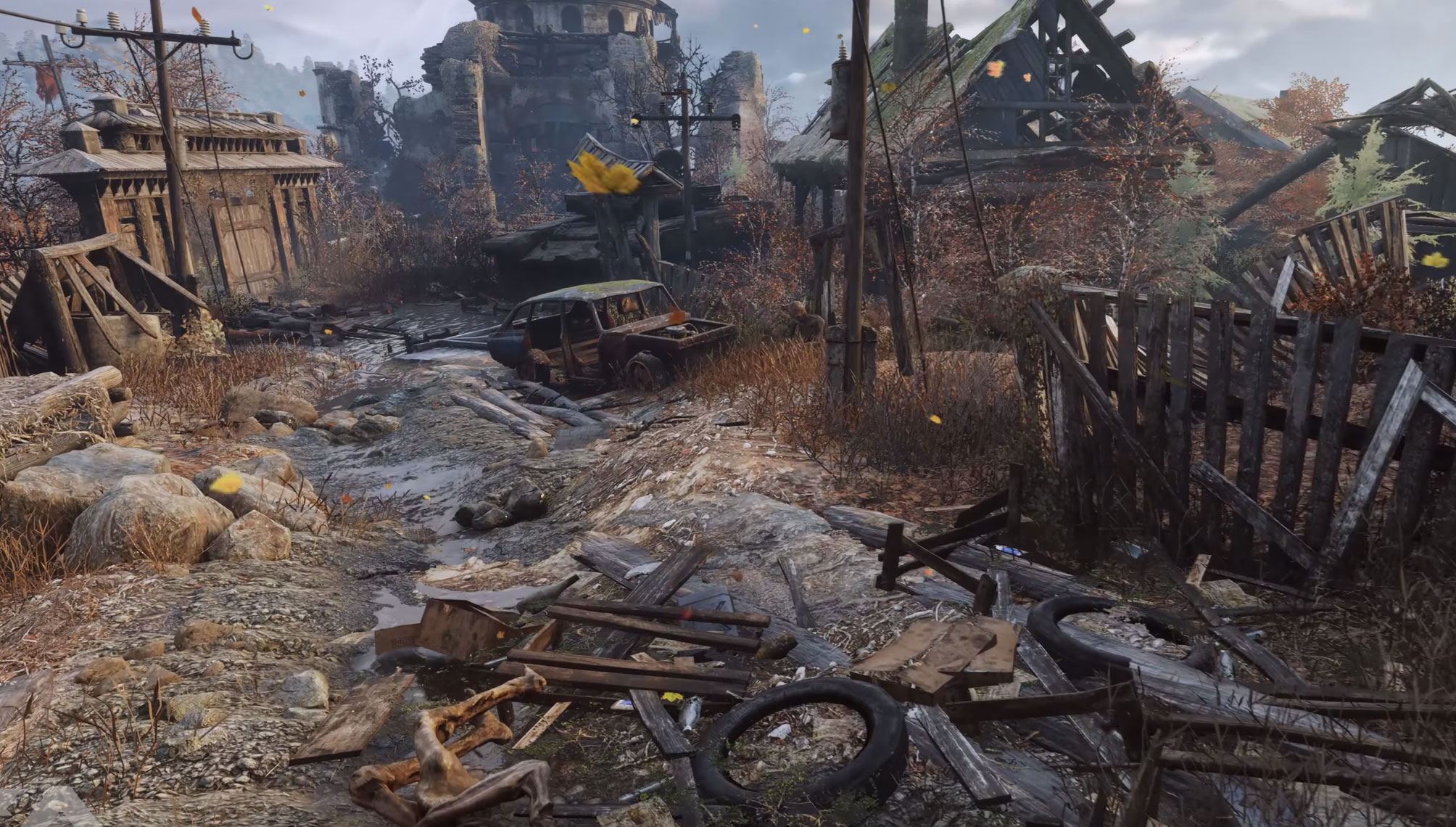Metro Exodus' day-night cycle changes NPC behavior, dynamic weather can mask footsteps
You can advance the clock by resting to see how the world changes with the time of day.

We got a bit of hands-on time with Metro Exodus during E3 week. The survival FPS from 4A Games is bigger than both the earlier Metro games put together, and is structured differently, too: while there are linear portions of Exodus, there are also large open world areas where players can freely explore. There's also dynamic weather and a day-night cycle.
Players can manipulate this day-night cycle: resting lets players fast-forward the clock, and that could prove useful at times because NPC behavior might change at different times of day.
"It means that you can approach situations differently depending on what time of day it is," John Bloch, creative director for 4A Games told PC Gamer. "In the day, the humans might be patrolling an area around their camp, which thins out the amount of guys that are in the core of it. So, it might be a little easier to get in if you do get in a firefight. Or, at night, they're clustered around their campfires and sleeping and all of them are in there, but you have the cover of darkness to sneak around."
"But also, there might be more mutants out roaming around [at night]," he added.
"You can plan your approach and you can kind of determine, if you approach something during the day and you go in guns blazing, and you just keep getting killed, maybe go rest and check out how it might be different when you go at night."
Dynamic weather can offer new approaches as well.
"There might be a storm that rolls in and you have the added benefit of the noise from the storm also covering your footsteps, things like that. There's a lot of elements that the player can either just encounter dynamically or try to manipulate through these tools like resting."
Keep up to date with the most important stories and the best deals, as picked by the PC Gamer team.
Metro Exodus' release date is set for February 22, 2019.

Chris started playing PC games in the 1980s, started writing about them in the early 2000s, and (finally) started getting paid to write about them in the late 2000s. Following a few years as a regular freelancer, PC Gamer hired him in 2014, probably so he'd stop emailing them asking for more work. Chris has a love-hate relationship with survival games and an unhealthy fascination with the inner lives of NPCs. He's also a fan of offbeat simulation games, mods, and ignoring storylines in RPGs so he can make up his own.

